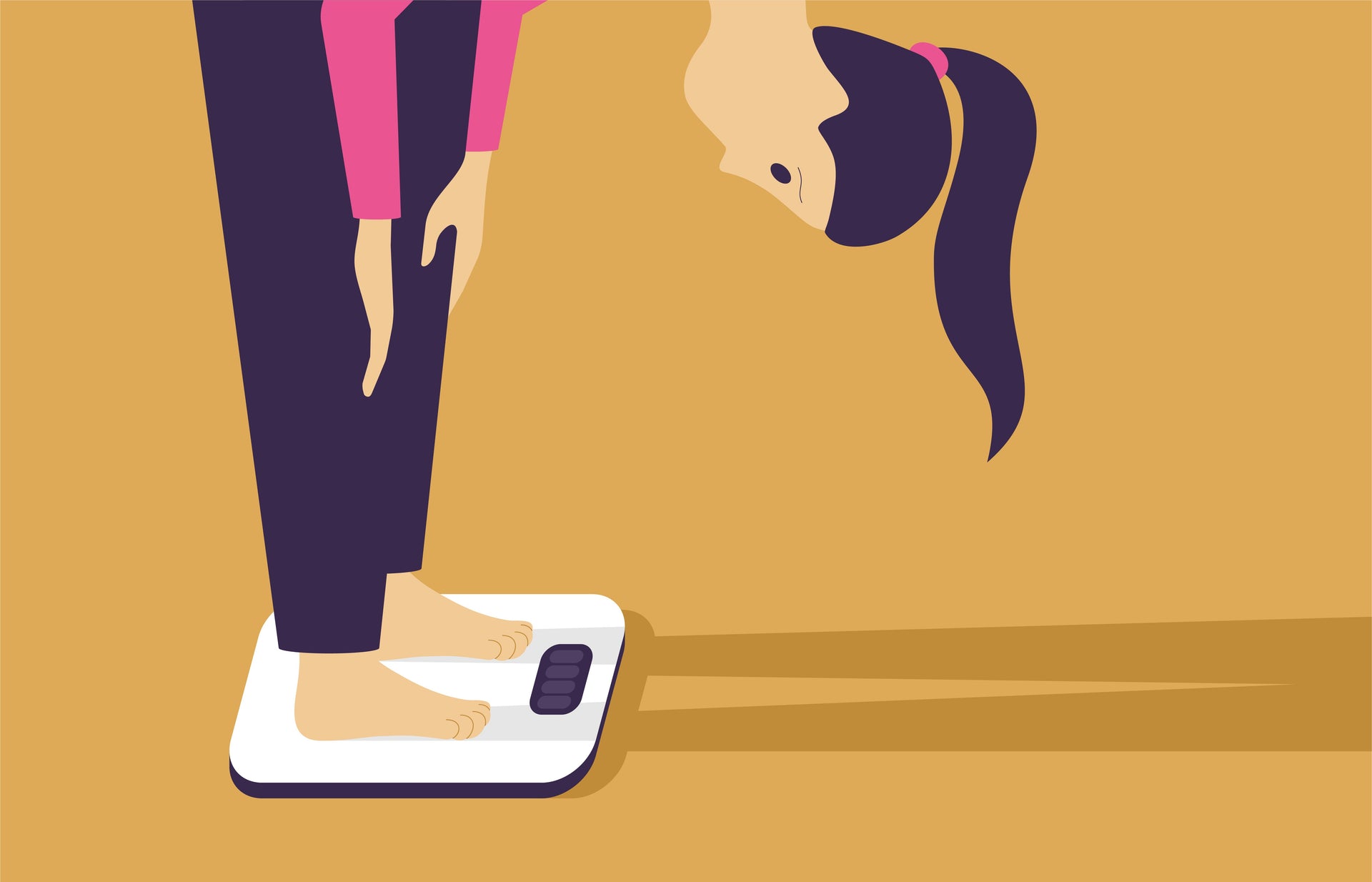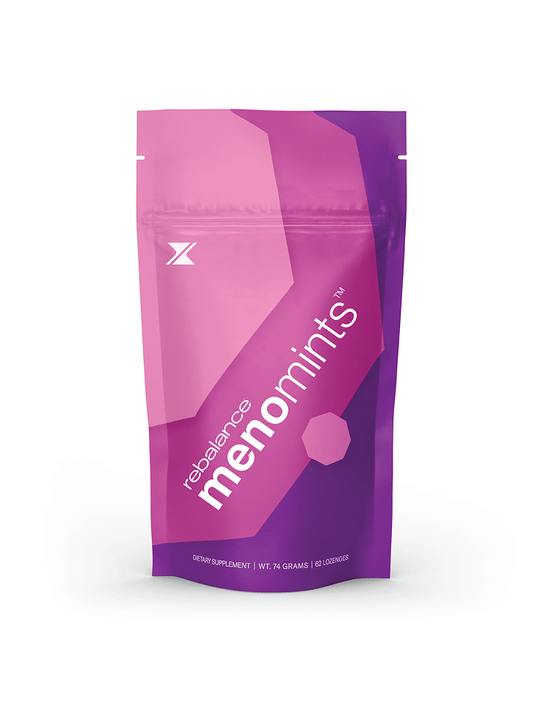Menopause and Weight Gain: Why It’s Not About Willpower
10/01/2025 by Rebalance Health

Welcome to our World Menopause Month Series, where we’re unpacking the real science behind the most common symptoms of menopause. Each week, we’ll dive into what’s actually happening in your body, because the more you understand, the more empowered you are to take control of your health.
Let’s start with one of the most frustrating and misunderstood changes: weight gain around menopause.
The Stat That Might Surprise You
Research shows women gain an average of 1.5 pounds per year during midlife—even when diet and activity don’t change. That adds up quickly, leaving many women feeling like their bodies are working against them.
But here’s the truth: this isn’t about lack of discipline or willpower. It’s about hormones.
Why Weight Gain Happens During Menopause
1. Estrogen Decline Shifts Fat Storage
Estrogen influences where fat is stored. Before menopause, fat is more likely to accumulate in the hips and thighs. As estrogen declines, fat distribution shifts toward the abdomen, leading to the classic “menopause belly.”
2. Cortisol Adds to the Problem
Chronic stress keeps cortisol high, which pushes fat storage into the visceral area (around the organs). This type of fat isn’t just frustrating—it’s linked to increased risk of heart disease and metabolic syndrome.
3. Muscle Mass Loss Slows Metabolism
Starting in your 40s, muscle mass naturally declines, which means you burn fewer calories at rest. Combine this with hormonal shifts, and maintaining weight becomes a bigger challenge.
Why This Matters for Health
This isn’t just about how clothes fit. Central weight gain is strongly linked to higher risk of diabetes, cardiovascular disease, and cognitive decline. Understanding the why behind the changes is the first step to protecting your long-term health.
What You Can Do
-
Prioritize Strength Training: Even 2–3 sessions per week helps rebuild muscle and boost metabolism.
-
Focus on Protein & Fiber: These support satiety and blood sugar control, which helps blunt cortisol-driven spikes.
-
Manage Stress: Cortisol rhythm matters. Practices like meditation, breathwork, or using targeted adaptogens (like ashwagandha) can help reset balance.
-
Prioritize Sleep: Poor sleep worsens cortisol imbalance and cravings. Creating consistent sleep habits is as important as diet or exercise.
The Takeaway
If you’ve been struggling with midlife weight gain, know this: it’s not your fault. Hormonal shifts during menopause set the stage for changes in fat distribution, metabolism, and energy. But with the right tools and understanding, you can reset your rhythm and feel more in control.
This is just the start of our series—coming up, we’ll tackle hot flashes, brain fog, sleep disruption, mood changes, and more.
Overview

Stay Calm. Sleep Deep. Wake Clear.
A lozenge that supports deep sleep, better REM, and calmer nights. Without melatonin — unless you want it.














